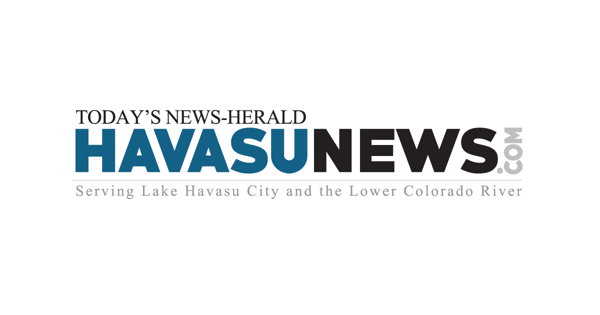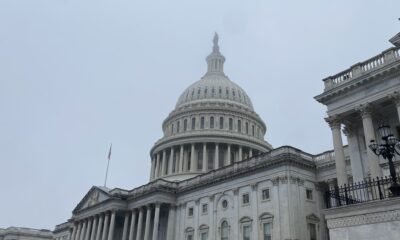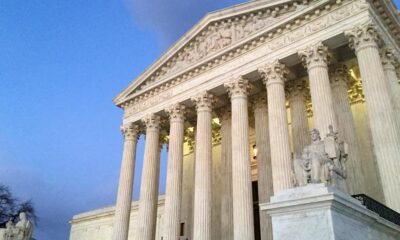Business
Court Confirms Voter-Approved Law Regulating Election Donors

PHOENIX — The Arizona Court of Appeals affirmed the right of Arizonans to know who influences elections, ruling unanimously on Friday. This decision came as a blow to challenges posed by the Arizona Free Enterprise Club and the Center for Arizona Policy, who argued that Proposition 211 infringes on their privacy rights and those of their contributors.
Judge Jennifer Campbell emphasized that donors engaging in political advocacy cannot claim their activities are private. The court underscored that Proposition 211 addresses critical government interests, particularly in preventing corruption by revealing who financially supports election-related activities.
“Donors may exchange their indirect monetary support for political favors once elected,” Campbell stated, explaining the potential corruption risks that arise when donor identities remain concealed.
Proposition 211, which voters approved in 2022 with overwhelming support, mandates organizations spending over $50,000 on statewide elections to disclose any individual contributions exceeding $5,000. This law is aimed at creating greater transparency regarding the sources of political funding.
The trio of judges further noted the importance of voter awareness regarding out-of-state contributions influencing Arizona elections. Fellow respondents from the Goldwater Institute indicated that they will seek a review by the Arizona Supreme Court, maintaining that the ruling could suppress donor participation due to privacy concerns.
Historically, Arizona’s campaign finance regulations only required disclosure of the organizations providing funds, often leaving the identity of the actual donors obscured. Proposition 211 rectifies this by ensuring that the origins of funding are traceable.
Opponents of Proposition 211 argued that it chills free speech and risks donor privacy. Goldwater Institute attorney Scott Freeman contended that the act violates the rights of charitable contributors. However, Campbell pointed out that Arizona’s Constitution supports financial transparency in political donations, underscoring the historical framework mandating disclosure.
Throughout the 25-page ruling, Campbell rejected assertions that such disclosure infringe upon free speech or the right to associate. She clarified that contributors can distance themselves from political expenditures if they choose to, maintaining a level of privacy while still allowing for necessary transparency.
The court addressed concerns raised by organizations regarding harassment their members might face if donors were publicly identified. Campbell acknowledged the submission of declarations regarding past threats but found insufficient evidence to substantiate fears of widespread backlash against identified donors.
In previous legal challenges, decisions have consistently supported the notion that voters have a fundamental right to information about the origins of political donations. For instance, Maricopa County Superior Court Judge Timothy Ryan emphasized voter authority to enact full disclosure laws, irrespective of political dissatisfaction.
As legal battles continue, the overarching sentiment remains persistent: the citizens of Arizona demand more visibility into the influences that shape their electoral landscape.


















